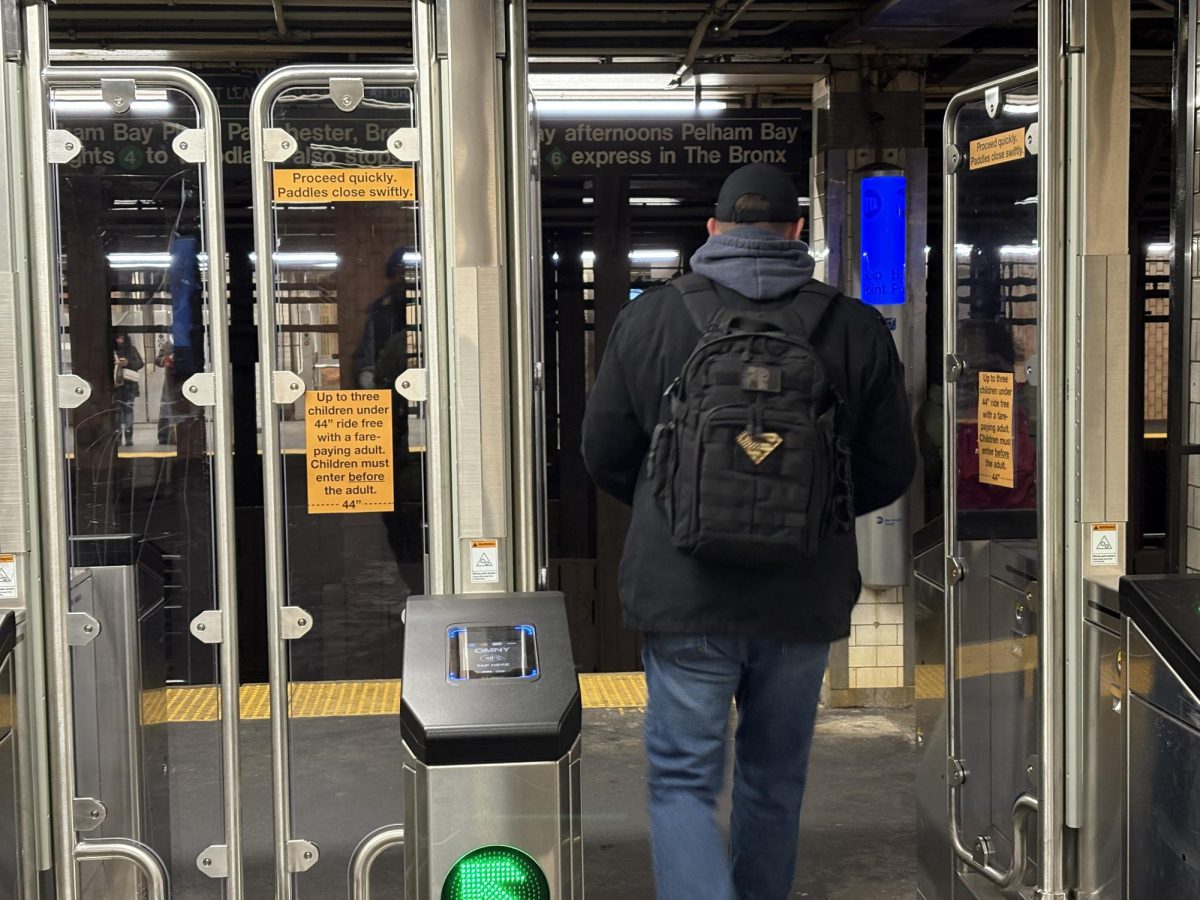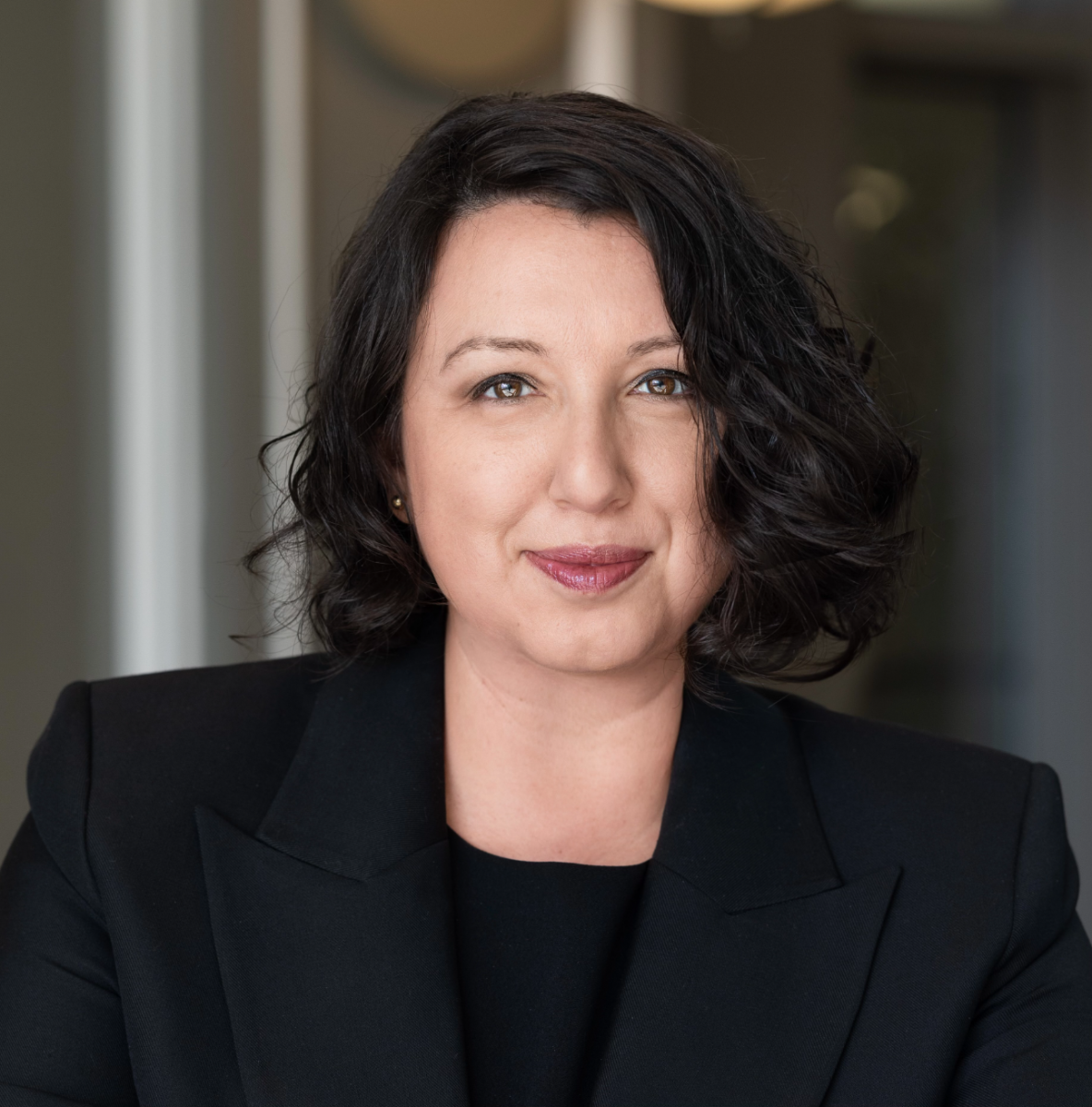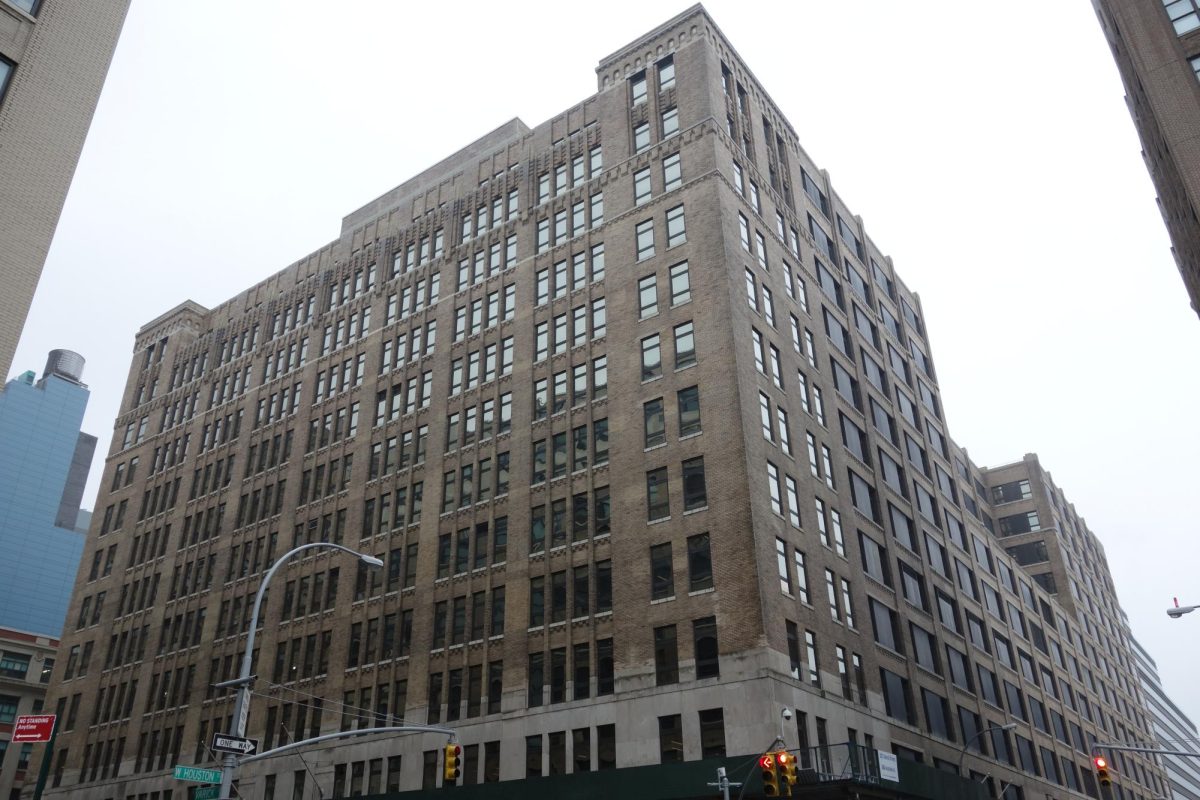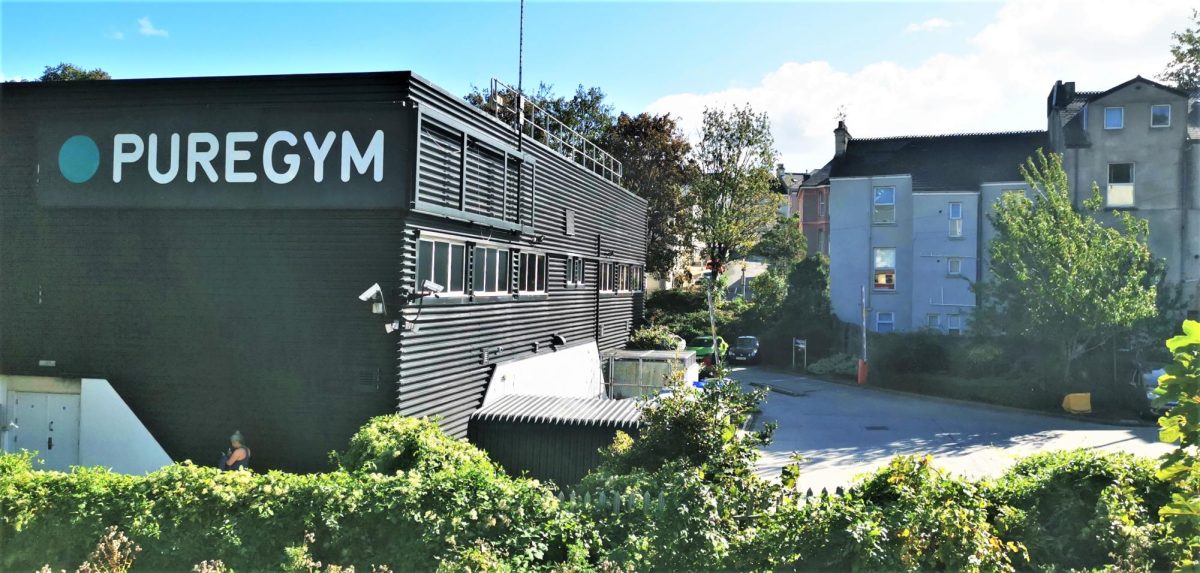
Because of dwindling fundraising efforts over the course of the last couple of years, Baruch College is in jeopardy of losing its annual Relay for Life event. The approximately $40,000 raised for this year’s event was about 23 percent less than the sum that was collected last year and almost half of what was raised in 2014, when the grand total was $72,532. As a result, the event, which has been hosted at Baruch for 12 years, may be moved to another CUNY campus.
“It has been slowly declining, said Irvin Romo, president of Baruch’s chapter of Colleges Against Cancer, which organizes Relay.
He added, “Four years ago, we raised $84,000 and had close to 1,000 participants.” This year’s Relay attracted fewer than half the number of participants as four years ago, also raising half the amount of money.
The absence of social Greeks at Relay—due to a Baruch-imposed, three-year moratorium on pledging—contributed to this year’s fundraising downturn.
Last year Baruch’s Alpha Kappa Delta Phi raised $6,236, accounting for more than 10 percent of the total dollar amount raised by all teams.
To counter the lack of social Greek support at Baruch, a CUNY-wide initiative to promote the event on the college’s campus is an option to increase participation. Hunter College has a thriving Greek life community, and Baruch could benefit from incorporating those organizations in its own event.
However, Hunter is looking to begin hosting its own Relay, and Relay organizers with the American Cancer Society are looking to have a Relay for Life on each CUNY campus. Incorporating organizations from outside Baruch has proved to be more difficult.
“[The social Greek life] presence really brings together a lot of people to fundraise, and they bring all their friends. And they are such a big part of Baruch,” commented Romo.“[Fundraising] without them is one of the reasons why this Relay for Life was not as great as the previous ones.”
Aside from social Greek life, there was also a shortage of participation from other Baruch clubs, according to the Relay organizers with CAC.
“It is not on us at all that we raised $40,000, and in the past, we raised $80,000,” said Mitchell Garcia, vice president of the Baruch chapter of CAC. “That’s on every other club that did not come.”
The Relay organizers specifically made mention of the fundraising efforts and support relay received from USG. While they commended USG members who attended Relay for Life and helped out that night, they stated that, in previous years, USG has shown up in greater force.
“You have clubs like our own Undergraduate Student Government who didn’t show up until like 12 a.m. That alone shows the lack of support this fundraising initiative has from this school,” said Garcia, who went on to say, “[USG] didn’t really help us too much in the background.”
Annie Sourbis, president of USG, responded to that claim, “USG has barely anything to do with [Relay]. We operate like a club does, and try to raise money for the event.”
She added, “I think they are looking for somebody … to blame, and it’s harder to blame the Greeks because they are the real victims here. And they are suffering more than Relay for Life, because that’s a lot of people at Baruch who were kicked off of campus.”
CAC asserted that USG’s fundraising efforts also diminished, but according to CAC and Sourbis, USG raised somewhere between $1,200 and $1,500—money is still being accounted for—which is on par with what USG raised in the last few years, according to Sourbis. CAC raised over $1,300 according to the American Cancer Society’s website.
One of the other indicators of dwindling interest in Baruch’s Relay event is a lack of survivors willing to speak about their experiences with cancer.
“In the past we have had four or five cancer patients speak, and these are actual students,” said Garcia. “With the lack of student participation, a lot of students are not coming forth … as they did before. It’s tricky to come up and say, ‘I have cancer. I had cancer.’ But in the previous years, they did.”
With uncertainty surrounding the location of the next Relay for Life, CAC will likely make adjustments to their budget for the coming year in order to have funding for more events leading up to Relay, which will hopefully bolster fundraising efforts.
“The right thing to do is to go back to the drawing board and find a solution. They should give [Baruch College] another year, and American Cancer Society should go back and ask, ‘What can we do to get what has always been a successful event at Baruch and make it successful again,’” said Sourbis.
Donations toward Baruch’s Relay for Life will continue to be accepted until at least the end of the semester, and potential donors can always donate directly to the American Cancer Society.








Nathaniel Rivers • May 6, 2016 at 2:18 pm
What a shame
Nathaniel Rivers • May 6, 2016 at 2:18 pm
What a shame